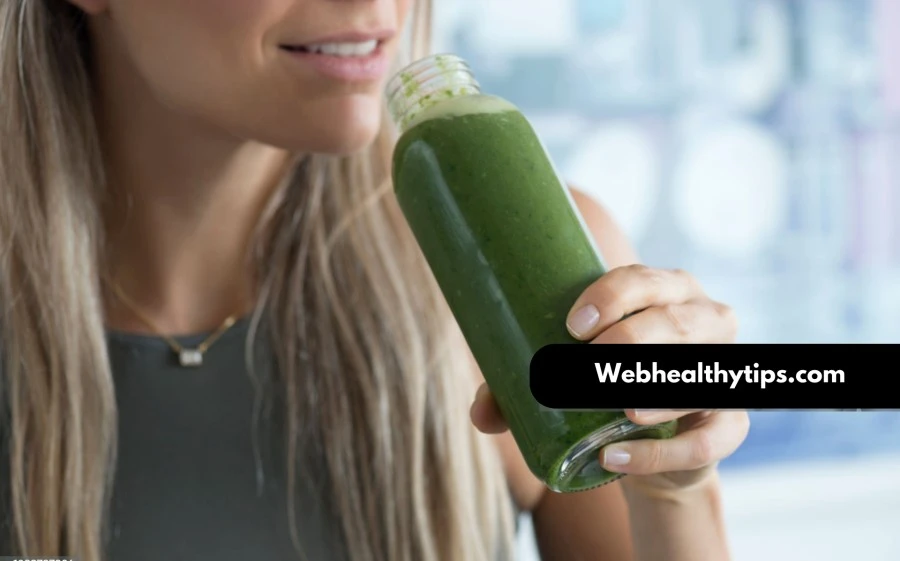Including an anti-inflammatory diet in your routine can be quite beneficial to your general well-being. Chronic inflammation has been linked to several health issues, such as diabetes, acne, and heart disease. Emphasizing nutrient-rich foods can help your body recover itself and minimize inflammation. You can attain long-term health benefits with an anti-inflammatory food regimen that lasts 21 days.
The foundation of an anti-inflammatory diet is the consumption of foods that reduce inflammation in the body. Stress, bad dietary choices, and unhealthy lifestyle choices can all lead to chronic inflammation. This diet steers clear of processed and high-sugar meals in favor of full, nutrient-dense foods such fruits, vegetables, lean proteins, healthy fats, and whole grains.
An Anti-Inflammatory Diet: What Is It?
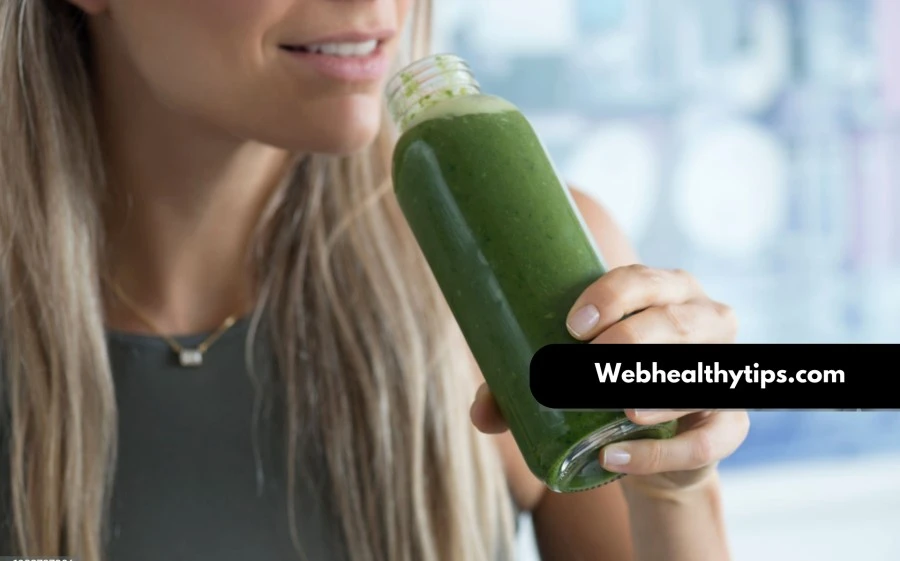
Important elements of a diet that reduces inflammation include:
- Fruits and vegetables are rich sources of antioxidants, which work to combat dangerous free radicals.
- Omega-3 fatty acids: These can help lower inflammation and are present in fish, chia seeds, and flaxseeds.
- Fiber: Included in legumes and whole grains, fiber helps to maintain intestinal health, which lowers inflammation.
Advantages of the 21-Day Anti-Inflammatory Diet
There are a lot of long-term advantages to sticking to an anti-inflammatory diet for 21 days if the practices are kept up. Among the main advantages are:
- Decreased chance of Chronic Illnesses: Eating a diet high in foods that reduce inflammation helps lower the chance of developing long-term illnesses like diabetes, heart disease, and some types of cancer. Antioxidants, meals high in fiber, and omega-3 fatty acids can all help to lower blood pressure, promote healthy cholesterol levels, and reduce inflammation.
- Better Gut Health: By cutting back on inflammatory foods like processed meats and refined carbohydrates, an anti-inflammatory diet helps to maintain a healthy balance of gut bacteria. Improving general wellbeing and lowering inflammation depend on a healthy gut microbiota.
- Improved Skin Health: Skin disorders including psoriasis, eczema, and acne are frequently signs of inflammation. Berries, leafy greens, and nuts are examples of foods that are anti-inflammatory and can help clear up skin and lessen flare-ups.
- Enhanced Energy: Because an anti-inflammatory diet emphasizes nutrient-dense, whole foods, it can raise energy levels. You’ll have longer bursts of energy and avoid sugar crashes.
- Weight Loss: Eating natural, clean foods—which are frequently higher in fiber and lower in calories—is the main goal of the 21-day anti-inflammatory diet. Without feeling hungry, this can result in weight loss that happens naturally.
Items to Add to Your Diet to Reduce Inflammation
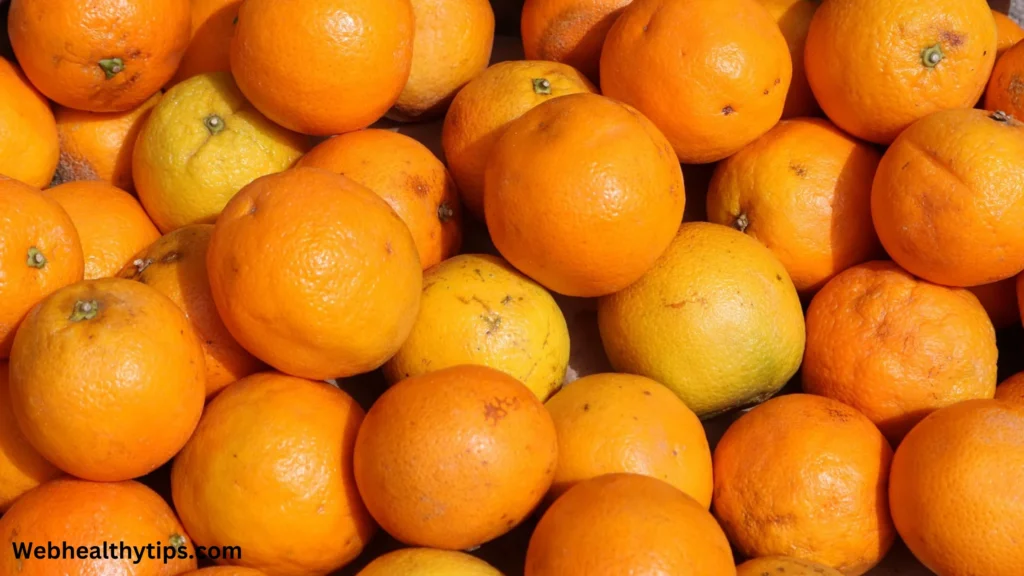
In order to effectively adhere to a 21-day anti-inflammatory diet, prioritize the nutrient-dense foods listed below:
Fruits:
Fruits are a great source of fiber, vitamins, and antioxidants that can help reduce inflammation.
- Strawberries and blueberries are two fruit that are high in vitamin C and antioxidants.
- Vitamin C-rich foods, such oranges and citrus fruits, help lower inflammatory indicators.
- Anthocyanins, which have anti-inflammatory qualities, are found in cherries.
Produce:
Cruciferous vegetables and leafy greens are great sources of anti-inflammatory nutrients.
- Broccoli, spinach, and kale are rich in vitamins C and K as well as antioxidants.
- Sweet potatoes: High in vitamin A and fiber, which helps lower inflammation.
Good Fats:
Inflammation can be reduced by healthy fats, particularly omega-3 fatty acids.

- Oleocanthal, an anti-inflammatory chemical, is present in olive oil.
- Avocados: Rich in inflammatory-reducing monounsaturated fats.
- Omega-3-rich fatty fish, such as salmon and sardines, can help reduce inflammation markers.
Complete Grains:
Fiber from whole grains lowers inflammation and promotes gut health.
- Oats: A high-fiber food that lowers inflammation and aids with blood sugar regulation.
- Nutrient-dense whole grains include quinoa and brown rice.
Spices and Herbs:
Strong anti-inflammatory chemicals can be found in herbs and spices.
- Curcumin, a potent anti-inflammatory substance, is found in turmeric.
- Ginger: Well-known for its antioxidant and anti-inflammatory qualities.
- Allicin, which is found in garlic, has anti-inflammatory and immune-boosting properties.
Seeds and Nuts:
Nuts and seeds are excellent providers of antioxidants, fiber, and good fats.
- Rich in fiber and omega-3 fatty acids, almonds, walnuts, and flaxseeds all lower inflammation.
Items to Steer Clear of
In an anti-inflammatory diet, the following items should be limited or avoided since they are known to increase inflammation:
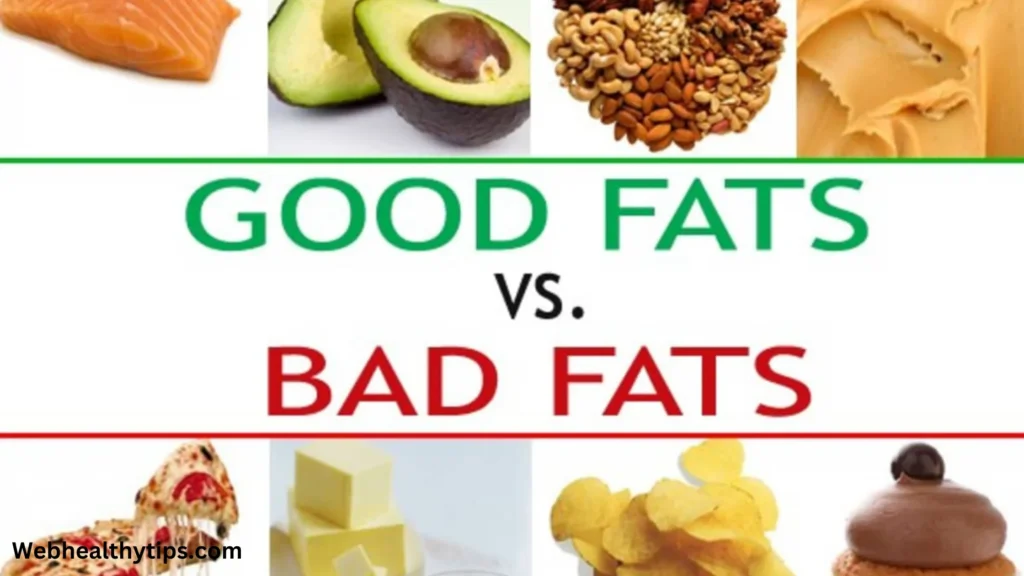
- Fried and processed foods: Rich in bad fats that cause inflammation.
- Refined carbs can cause a blood sugar increase and aggravate inflammation. They are present in white bread, pasta, and sweet snacks.
- Sweetened drinks and desserts: They raise blood sugar levels, which aggravate inflammation.
- Processed meats: Hot dogs, sausage, and bacon are full of harmful fats and preservatives that cause inflammation.
A Sample Anti-Inflammatory Diet Plan for 21 Days
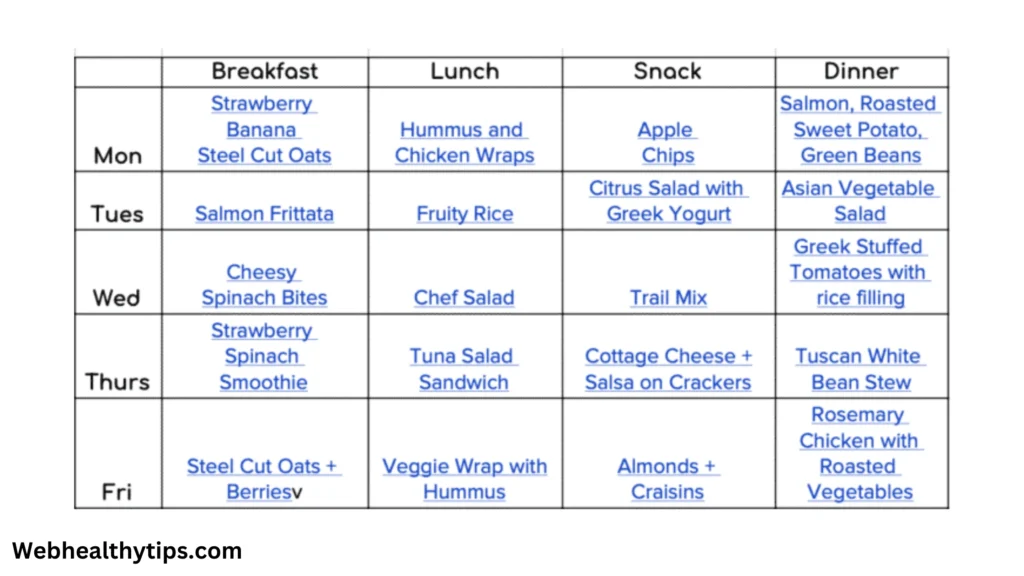
To help you with the 21-day anti-inflammatory diet, here is an example meal plan:
First Week:
- Breakfast consists of almond milk, chia seeds, and blueberries added to oatmeal.
- Lunch consists of grilled chicken salad dressed with avocado, spinach, and olive oil.
- Supper will be baked salmon over quinoa and steamed broccoli.
- Apple slices with almond butter for a snack.
Week Two:
- Breakfast consists of an almond milk, banana, flaxseeds, and kale smoothie.
- Lunch would be mixed greens on the side and lentil soup.
- Supper consists of brown rice, roasted veggies, and grilled shrimp.
- Snack: An orange and a handful of walnuts.
Week Three:
- Greek yogurt with strawberries and honey drizzled over it for breakfast.
- Lunch is a quinoa bowl topped with roasted sweet potatoes, avocado, and black beans.
- Dinner is whole-grain rice, sautéed spinach, and chicken flavored with turmeric.
- Snack: Cucumber slices with hummus.
Workout and Lifestyle Modifications for the Best Outcomes

Using stress-reduction strategies and exercise in addition to the 21-day anti-inflammatory diet will greatly enhance your outcomes. Every day, spend at least thirty minutes doing a modest physical activity, such as yoga, cycling, or walking. Stress-reduction techniques including deep breathing, mindfulness, and meditation can also help reduce inflammation.
In summary
The 21-day anti-inflammatory diet is an effective strategy for lowering persistent inflammation and enhancing general health. Enhancing your diet with plenty of nutrients and removing things that cause inflammation will help you feel better about yourself and your skin, as well as lower your chance of developing chronic illnesses. Making these adjustments for 21 days can put you on the road to long-term wellbeing and health.
After the 21-day period, you can continue to live a balanced and inflammation-free lifestyle by include the correct foods in your daily meals while avoiding the detrimental ones.
